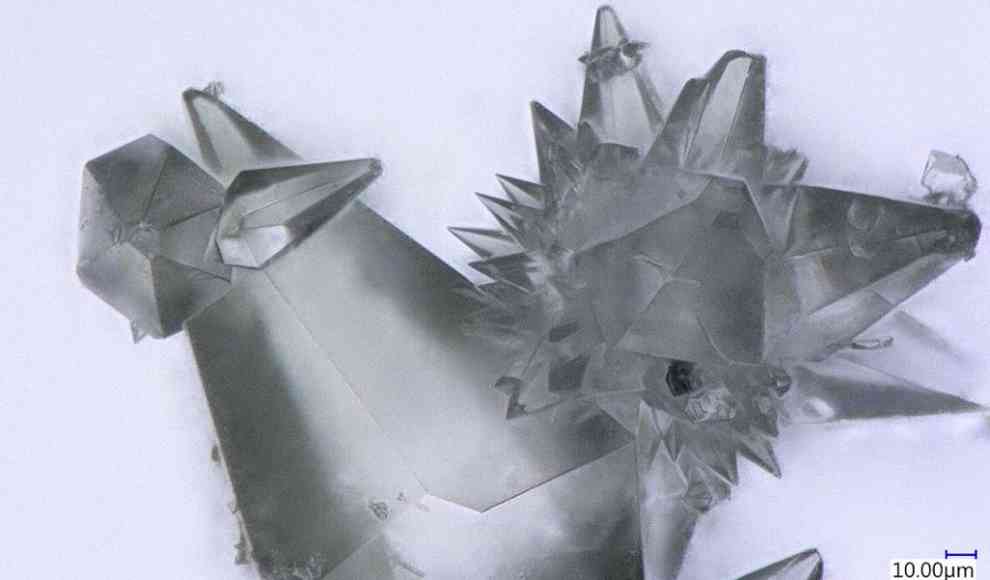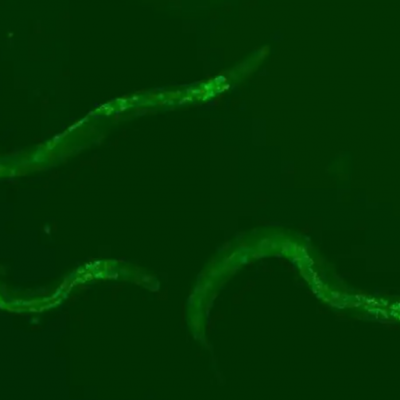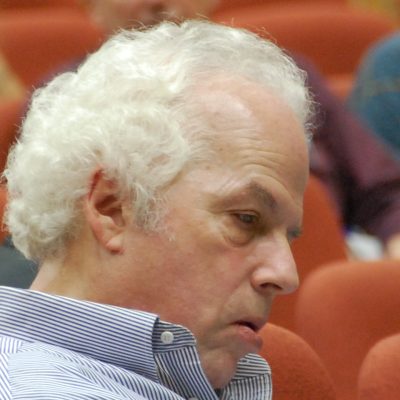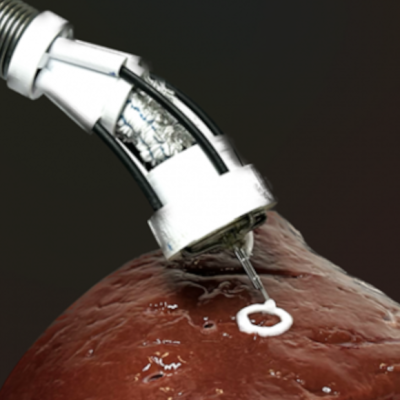Researchers have discovered that the bromotyrosines found in the Gold Sponge can combat multi-resistant bacteria and RNA viruses. A clinical study is set to investigate whether these natural substances can also help fight the new coronavirus. Over the years, research has found numerous substances in animals and plants that could potentially be used in medicine. The Gold Sponge, Aplysina aerophoba, has been studied for some time due to its production of bromotyrosines like Aeroplysinin. Scientists have already shown that some of the bromotyrosines produced by the Gold Sponge can even work against multi-resistant bacteria.
According to a study published in Materials Science and Engineering: C, some of the natural substances found in the Gold Sponge also work against RNA viruses, including the SARS-CoV-2 coronavirus. Tests on human cell cultures have shown that the bromotyrosines significantly inhibit the replication of the virus and prevent it from entering host cells. However, there were no cytotoxic effects on human tissue from the use of bromotyrosines. Clinical studies are set to begin soon to investigate whether the substance can be used to treat coronavirus patients.
Hermann Ehrlich, co-author of the study, explains that the researchers have managed to isolate these bioactive substances in a pure crystalline form and in sufficient quantities for immediate clinical trials. The scientists are open to collaboration with relevant authorities and institutions in the current situation. The antiviral substances were isolated from the cells of the Gold Sponge using microwave radiation, which is a gentle method that allows for complete regeneration. If clinical studies prove that natural bromotyrosines are effective against the coronavirus, production on a larger scale would be possible. The Gold Sponge has been growing in warm sea areas for over 500 million years, mainly in the Mediterranean Sea off Montenegro, Croatia, and Albania. However, scientists also operate a sponge breeding facility in the Montenegrin Adriatic town of Kotor to better investigate its medical potential.










